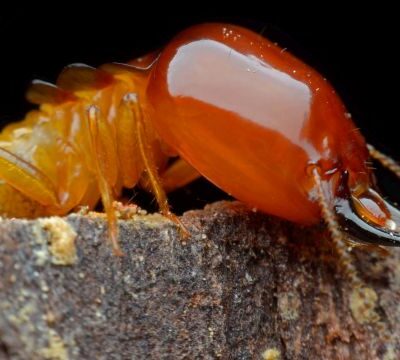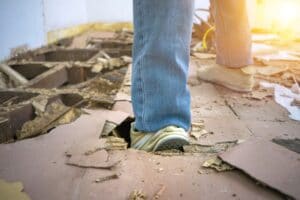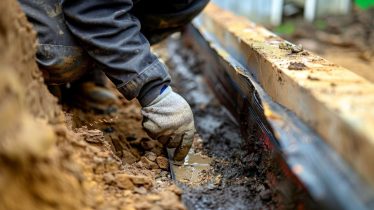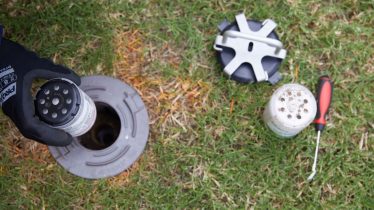Construction Termite Barriers
Construction Termite Barriers
 Almost all houses have a piece of wood in their construction, or some even have fixtures that are made from this material. Wood is an essential part of the construction as they are light yet sturdy. Another great characteristic is how easy they are to cut and form, in comparison to cement that will need a special mold to have a shape. Citing all of the great qualities of using wood in construction, there are also disadvantages to using it: regardless of your frame structure, termites can still attack. One of the disadvantages is the issue with termites, where it generally requires a termite barrier to avoid it.
Almost all houses have a piece of wood in their construction, or some even have fixtures that are made from this material. Wood is an essential part of the construction as they are light yet sturdy. Another great characteristic is how easy they are to cut and form, in comparison to cement that will need a special mold to have a shape. Citing all of the great qualities of using wood in construction, there are also disadvantages to using it: regardless of your frame structure, termites can still attack. One of the disadvantages is the issue with termites, where it generally requires a termite barrier to avoid it.
If you don’t know it, termites are insects that look like ‘white ants’ but are in the same classification as cockroaches. The majority of a termite’s diet is wood, but they also feed on dead plants and animals. Scientists consider the pest’s diet has ecological importance, as they help in recycling wood and plant matter. Although a termite sounds eco-friendly, a termite barrier is highly recommended at home. When these pests feast on the wood that supports the house structure, it will surely affect the construction of the house. It can cause home damage and even accidents.
Generally, there are 2 types of termite barrier – the physical and the chemical one. Let us see what would be better for your home.
Physical Termite Barrier – While the house is in construction, it is suggested to have a physical termite barrier. It is usually a sheet or a mesh webbing that is placed underneath the slab of the home or building. There are a few alternatives here. The termite barrier is integrated into the structural elements of the property. It is also worth noting that this is the less toxic method of terminating said pests. This is a very effective solution against these termites if done properly, however it can break down over the years; this is where a chemical barrier is needed.
Chemical Termite Barrier – This kind of termite barrier is easy to use as it is in liquid form. They are usually applied under the concrete flooring, in the soil, or even the building’s foundation. The effect of these chemicals may either repel the termites or kill them. Generally, these chemicals are usually safe for humans and pets. Just like the physical termite barrier, this also requires regular maintenance to ensure its effectiveness. All pest control companies should require warranties on paper; if not speak with Dunrite Termites and Pest Control today.

Termite barriers are seen to be effective, as long as it is regularly maintained and monitored. Both can be considered as the house’s defense system against termites. Check with Dunrite Termites & Pest Control at regular intervals to ensure your home is safe from termites.


